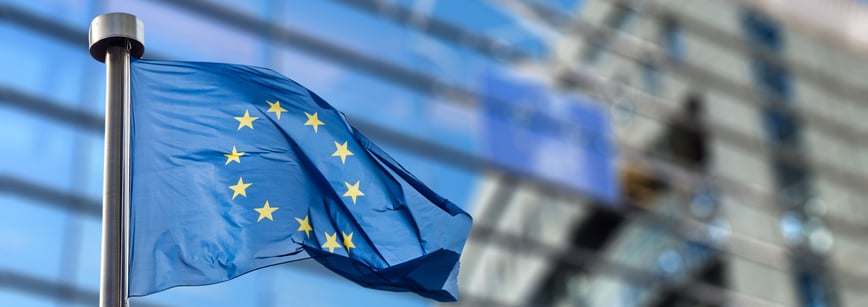
The European Union (EU) has implemented a series of restrictive measures as part of its sanction regimes aimed at Russia. Notwithstanding these efforts, a substantial volume of sanctioned goods continues to be diverted to Russia. To combat this, the EU introduced legislative obligations to minimize circumventions.
This blog examines the role of the Internal Compliance Program (ICP) in the EU Russian Sanctions Regulations, focusing on due diligence and circumvention.





